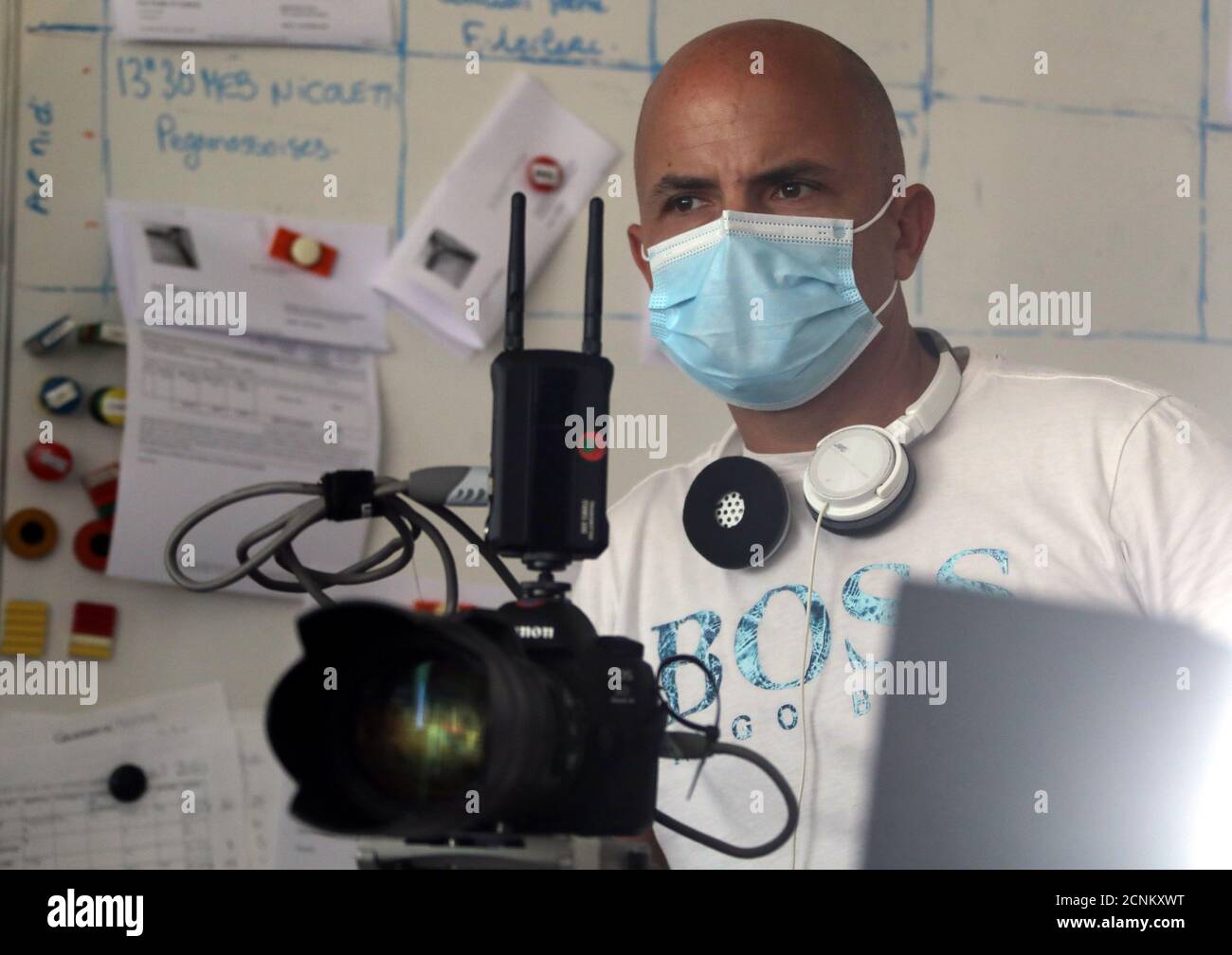

Trying things on intoxicates me!” May you find enough to suit you, to intoxicate you, in the following.

As Cléo tells herself in Varda’s masterpiece, “Everything suits me. The 100 films that make up this list represent the best of French language film the more we flail in describing what brings these films together, the more we lose track of the breadth of what “French language film” even means. Leave it to the French to tell us what we need. As outre as these films can get, we never stray too far from a basic necessity to appeal to audiences, even when directors sometimes appear to be working against an audience’s best interests.

Criticism is important to French film, often fostered by movie critics (Godard, Truffaut, Éric Rohmer, Jacques Rivette) whose love pushed them into creating their own groundbreaking works, marrying high-minded academic evaluation with populist acceptance. Pauline Kael’s favorite film, apparently, was French, but made by an Estonian native (see #64), while many of Roger Ebert’s so-called “Great” movies seem obvious French choices, they’re so indelible to our collective conception of what constitutes a valuable motion picture. The Nouvelle Vague-both those of the Left Bank (Agnès Varda, her husband Jacques Demy, Alain Resnais and Chris Marker) and the Cahiers du cinéma crew (Jean-Luc Godard, François Truffaut and Claude Chabrol)-the erotic French thriller, the mind-bending (and bowel-emptying) horror of the New French Extremity, the colorful musical, the social farce, the sprawling crime film, the experimental vérité, the personal and unflinching documentaries: Even as so many films on this list have irrevocably altered our ideas of what filmmaking can mean, what it can do, so do they exist on the fringes, at the limits, willing to test the boundaries of taste, logic and (in the case of Chantal Akerman) time in order to question and then pull apart the systems and expectations that stagnate art and oppress artists. With the following we’re trying to provide a primer on French language film from an English-speaking perspective, exploring the schools of thought and exotic taxonomies that have defined what French filmmaking has been since George Méliès first set a moon cackling like a creep in 1902, and what it can be, skin-flaying, cannibalistic Grand Guignol nightmares and all. Auteurist visions care of Belgium, Greece, Poland, Denmark, Taiwan, Spain, Italy, the Netherlands and Senegal course through and inform the prelapsarian innards of French cinema, transforming the country into a hub for international film.

If there is anything unifying the films in the following list-besides the French language-it might be that there exists a current of fundamental innovation throughout the many years surveyed.
#THE MASK FULL MOVIE FRENCH CODE#
The best French movies aren’t simply the product of a French person working strictly with a French team, they represent film as entelechy-a century of directors rooting around within the source code of this particular form of storytelling, pushing it into realms equally transcendent and horrifying. French language cinema covers vast swathes of history, geography and genre.


 0 kommentar(er)
0 kommentar(er)
